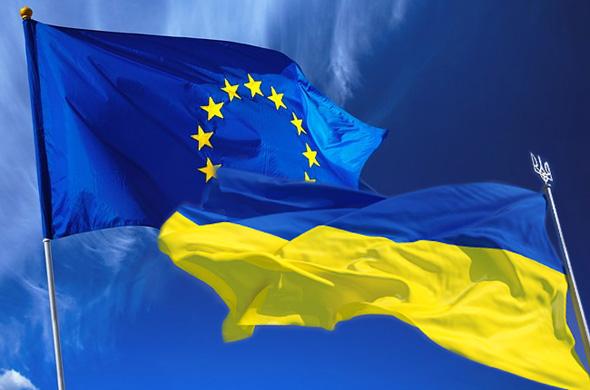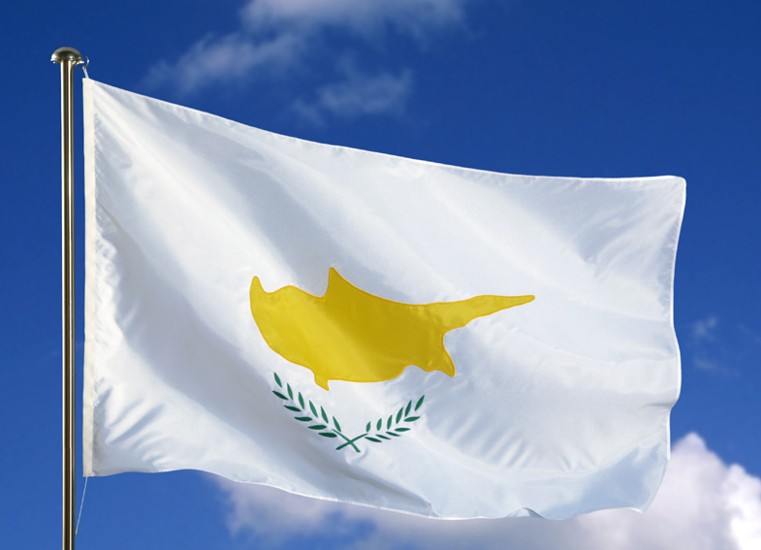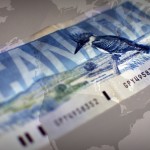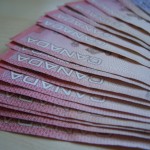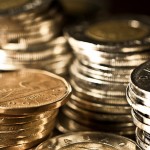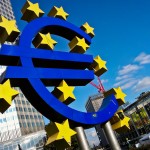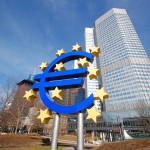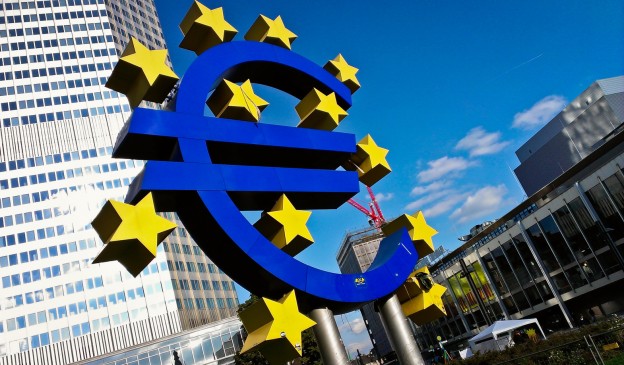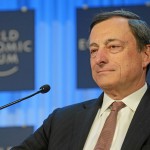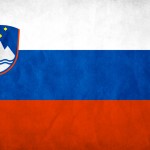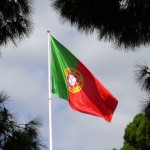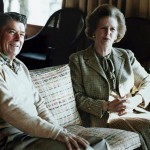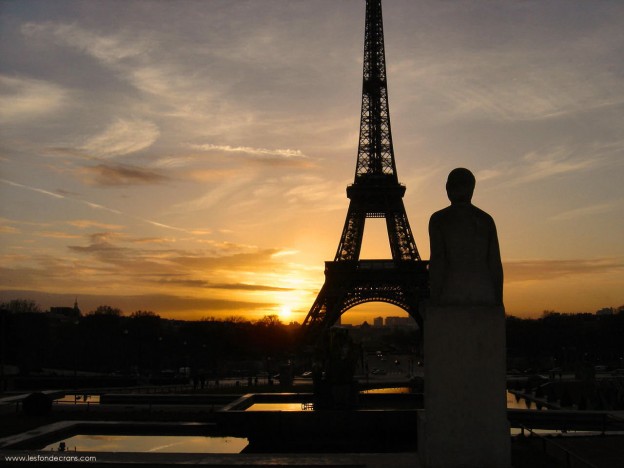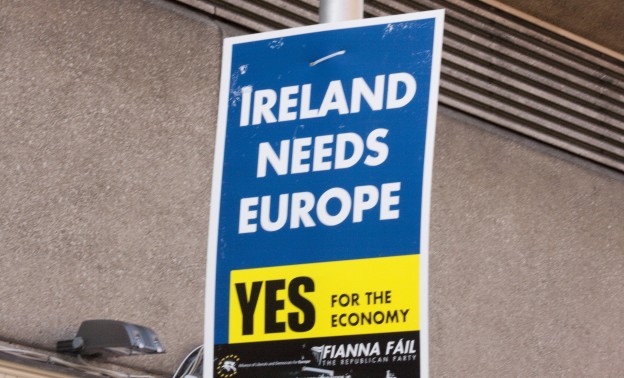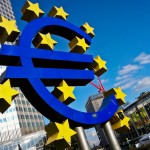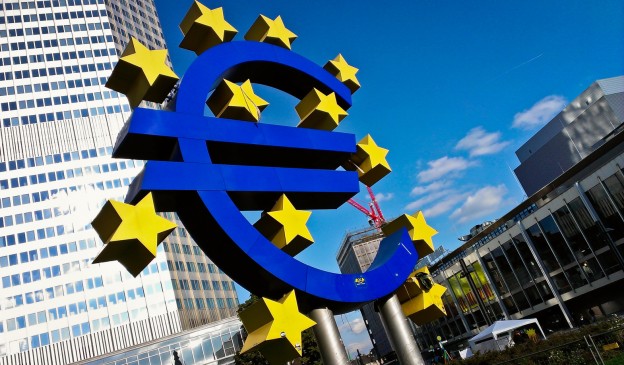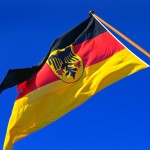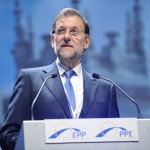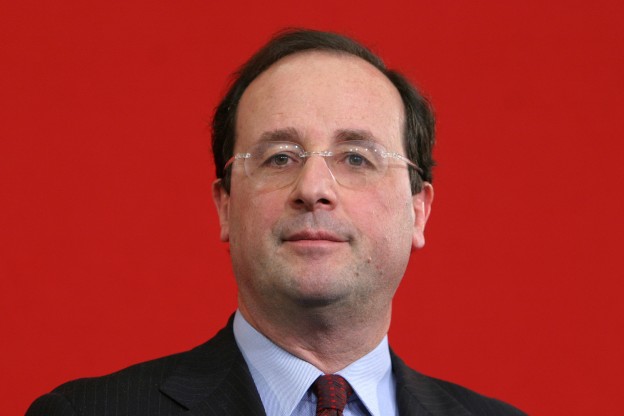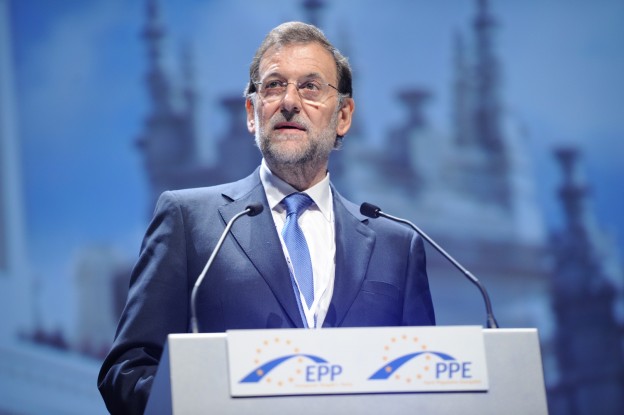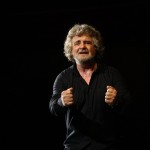Ukraine doesn’t mind the fact that the European Union is stricken by financial troubles and rising nationalism; they still want in. Unfortunately, their leadership doesn’t, much to the dismay of the people who protested in tens of thousands in central Kiev. Braving icy weather and tear gas to demonstrate against their leaders’ sudden decision to scuttle an EU trade deal, police estimated the crowd at 25,000, but participants and aerial photographs suggest the number was closer to 100,000.
The pact which was on track to be signed at a Nov. 29 summit in Vilnius seemed to be going ahead as planned, with Ukrainian President Viktor Yanukovych pushing through the required legislation. However, Russia’s efforts to keep Ukraine out of the EU seems to have finally made progress, as Yanukovych is deemed to have made two semi-secret trips to Russia for talks with President Putin, who must have put something on the table more attractive than what the EU was willing to put up.
As Prime Minister Mykola Azarov put it on national television, modernising Ukrainian industry to EU standards will cost at least 150 billion to 165 billion euros. According to Azarov, the Russian leader promised to renegotiate Ukraine’s contracts with Gazprom, the Russian state-controlled natural gas supplier; a price cut could help Ukraine patch its budget deficit without reducing gas subsidies to households. Gazprom denies a price reduction has been agreed.
Whatever the motivation, Ukrainian government announced on Nov. 21 that it was suspending EU association talks, and the parliament threw out the Tymoshenko bill. For many Ukrainians, this is heartbreaking news: to them, the EU agreement was a cultural, rather than an economic one. The nation’s middle class, and a majority of people living in the western part of the country, saw it as a statement of values and identity.
It seems that the cynical Ukrainian government will go with whoever offers to bail it out. Distasteful as it may be for the EU, bailing out the government could bring into united Europe millions of enthusiastic citizens, who may be poor, but determined and idealistic, perhaps even able to replace the government in the near future with a less corrupt one. Europe, however, does not seem prepared to take on such a big project. Putin is a more determined player, so victory falls in his hands – for now.


